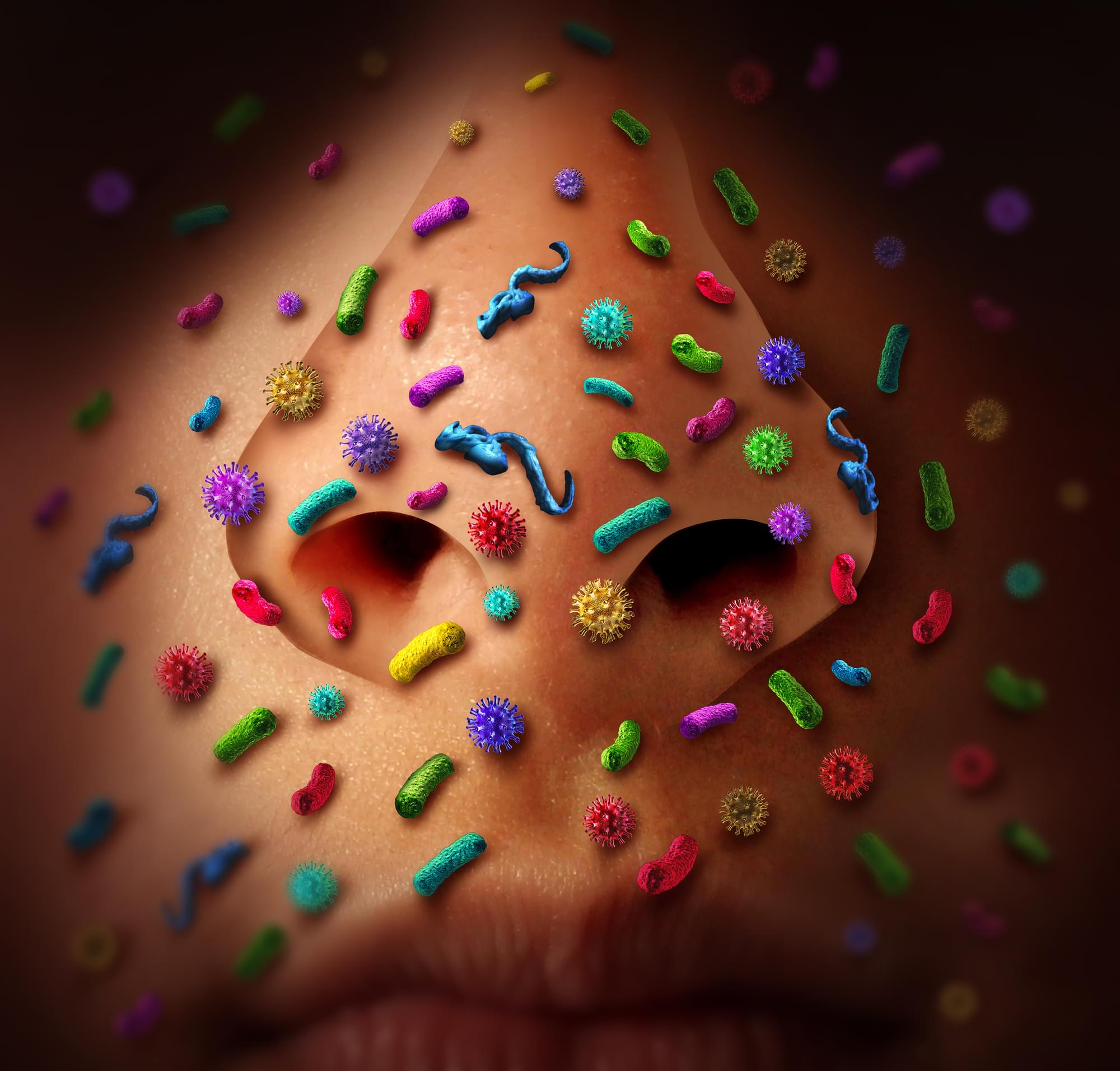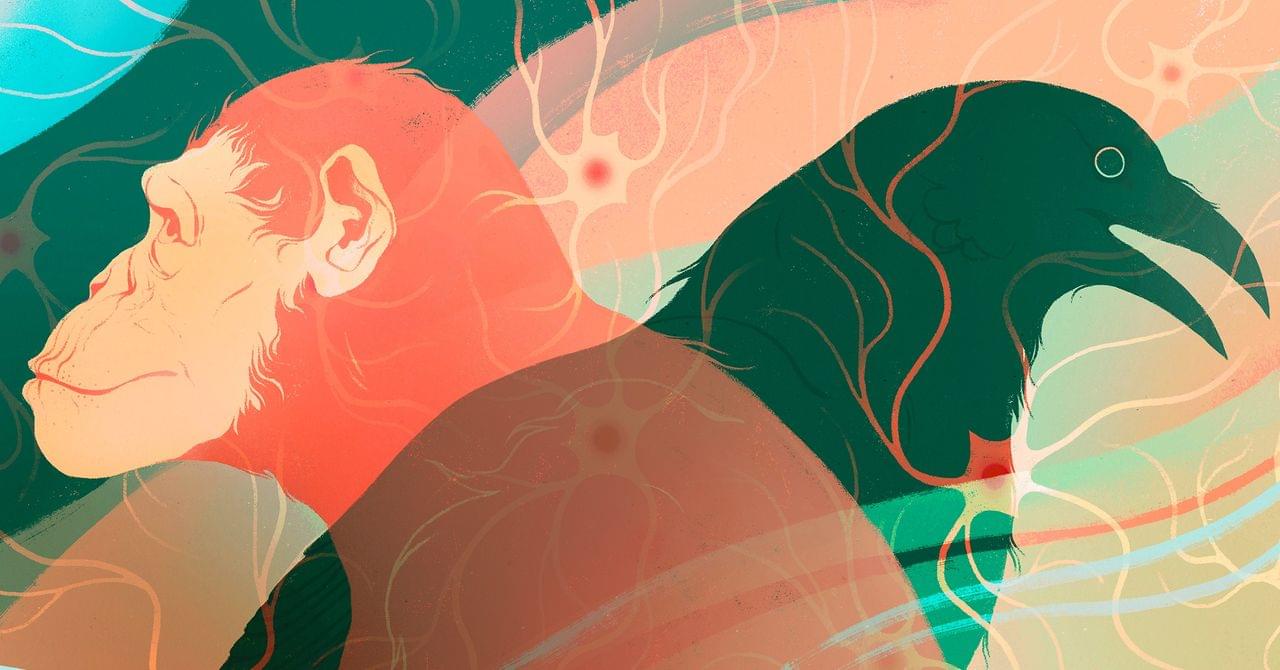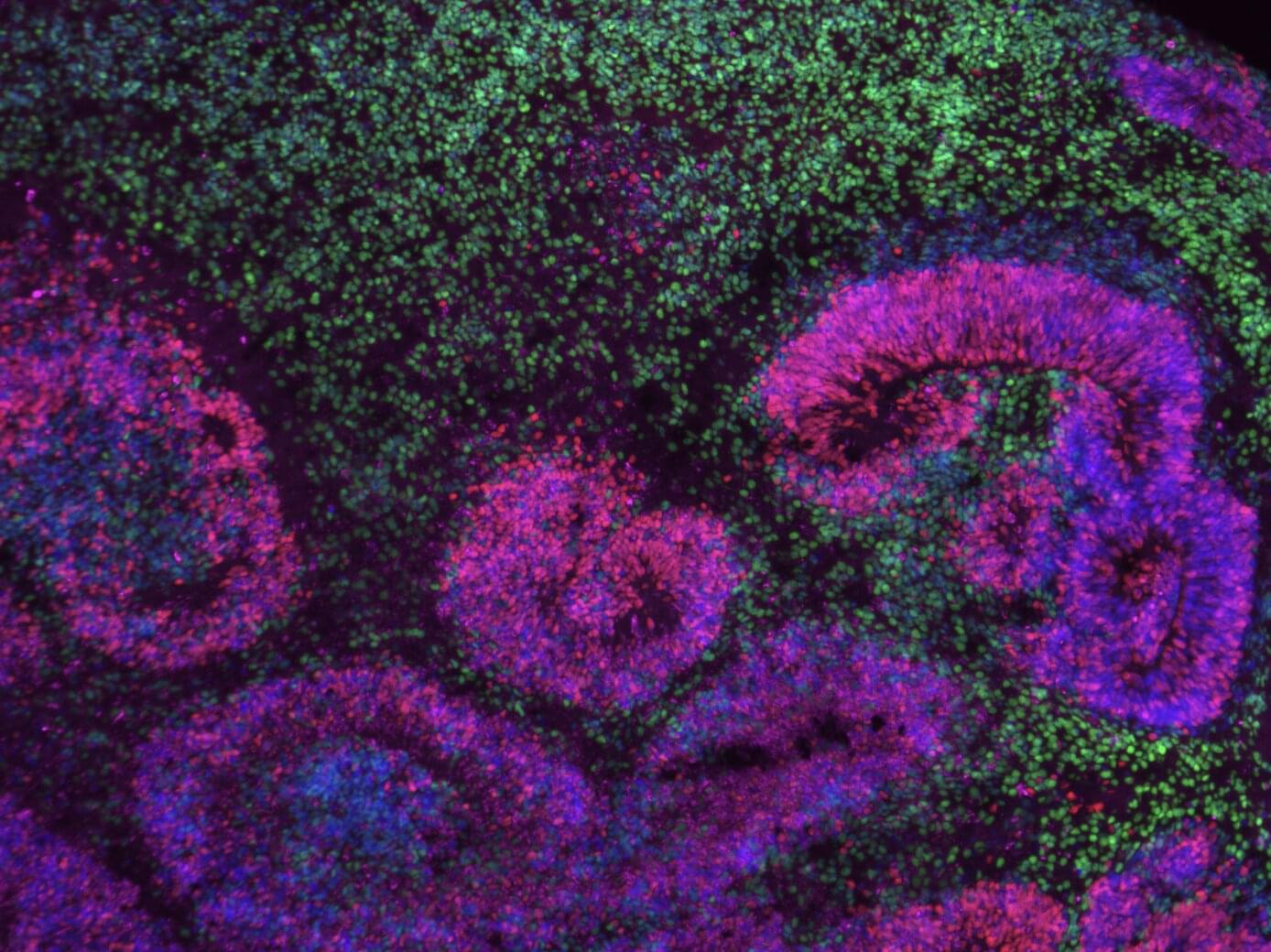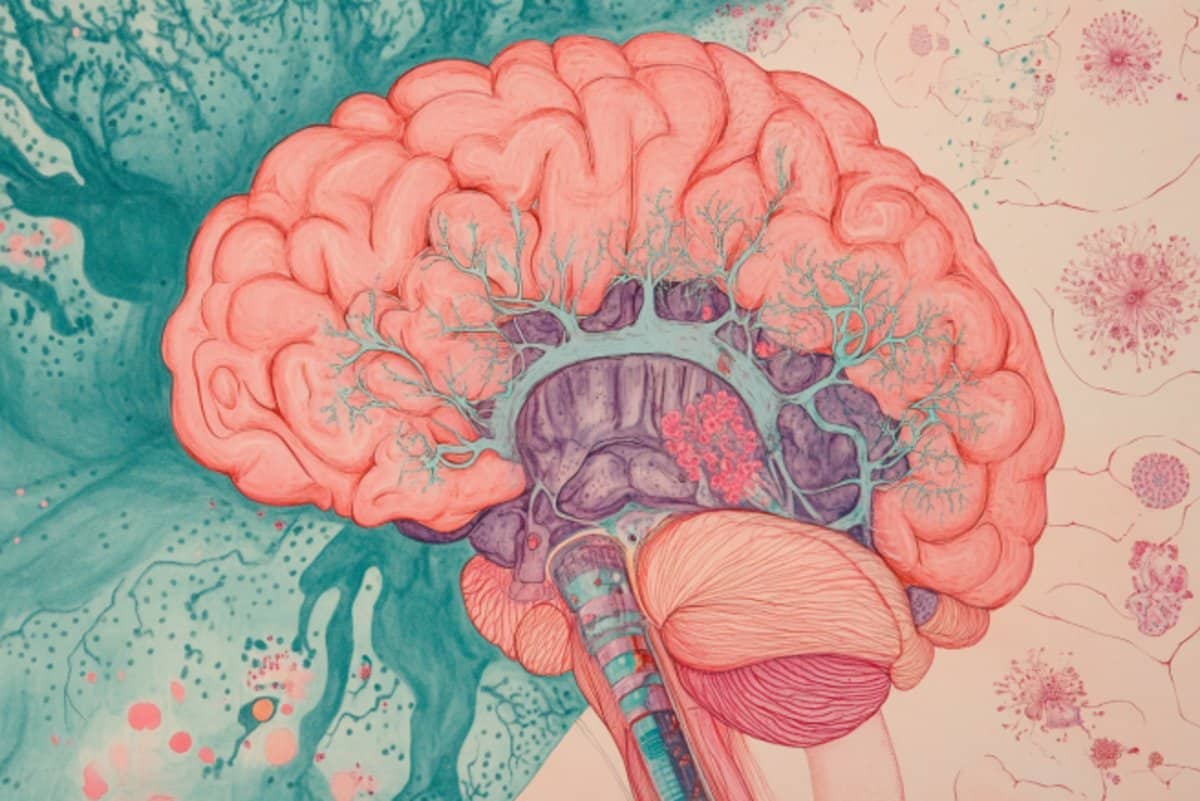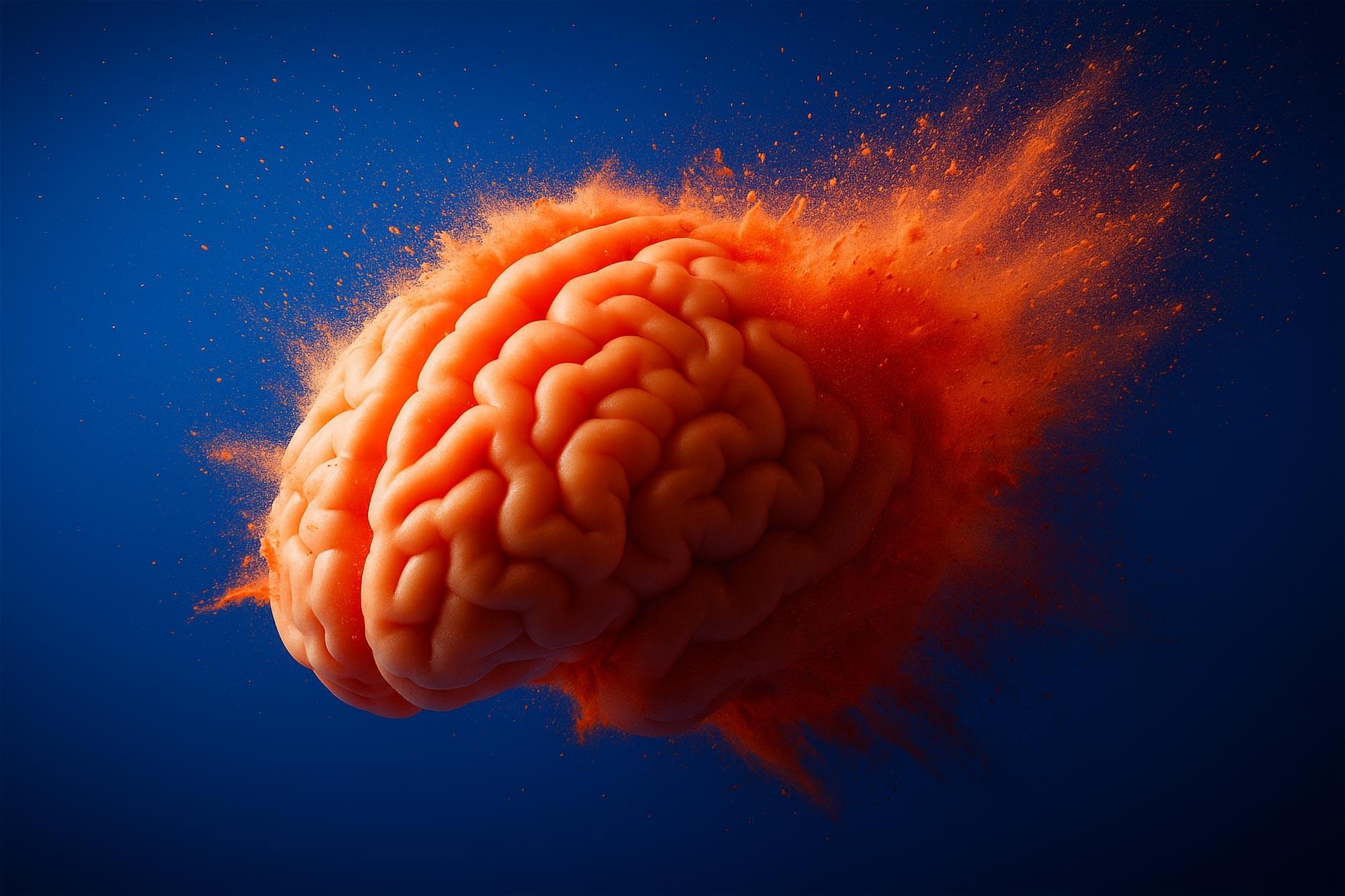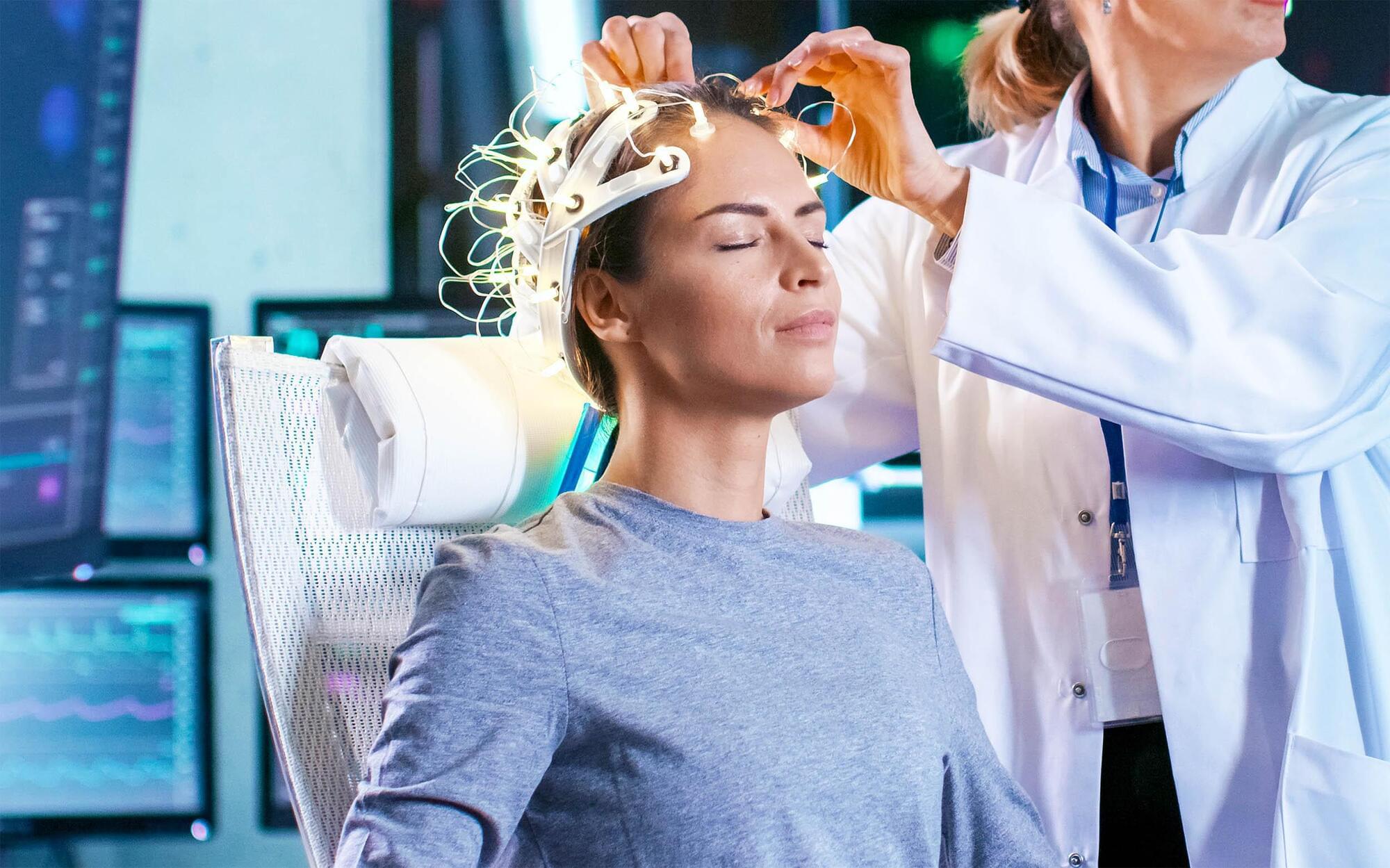The Food and Drug Administration’s approval in 2023 of lecanemab—a novel Alzheimer’s therapy shown in clinical trials to modestly slow disease progression—was met with enthusiasm by many in the field as it represented the first medication of its kind able to influence the disease. But side effects—brain swelling and bleeding—emerged during clinical trials that have left some patients and physicians hesitant about the treatment.
Medications can have somewhat different effects once they are released into the real world with broader demographics. Researchers at Washington University School of Medicine in St. Louis set out to study the adverse events associated with lecanemab treatment in their clinic patients and found that significant adverse events were rare and manageable.
Consistent with the results from carefully controlled clinical trials, researchers found that only 1% of patients experienced severe side effects that required hospitalization.

